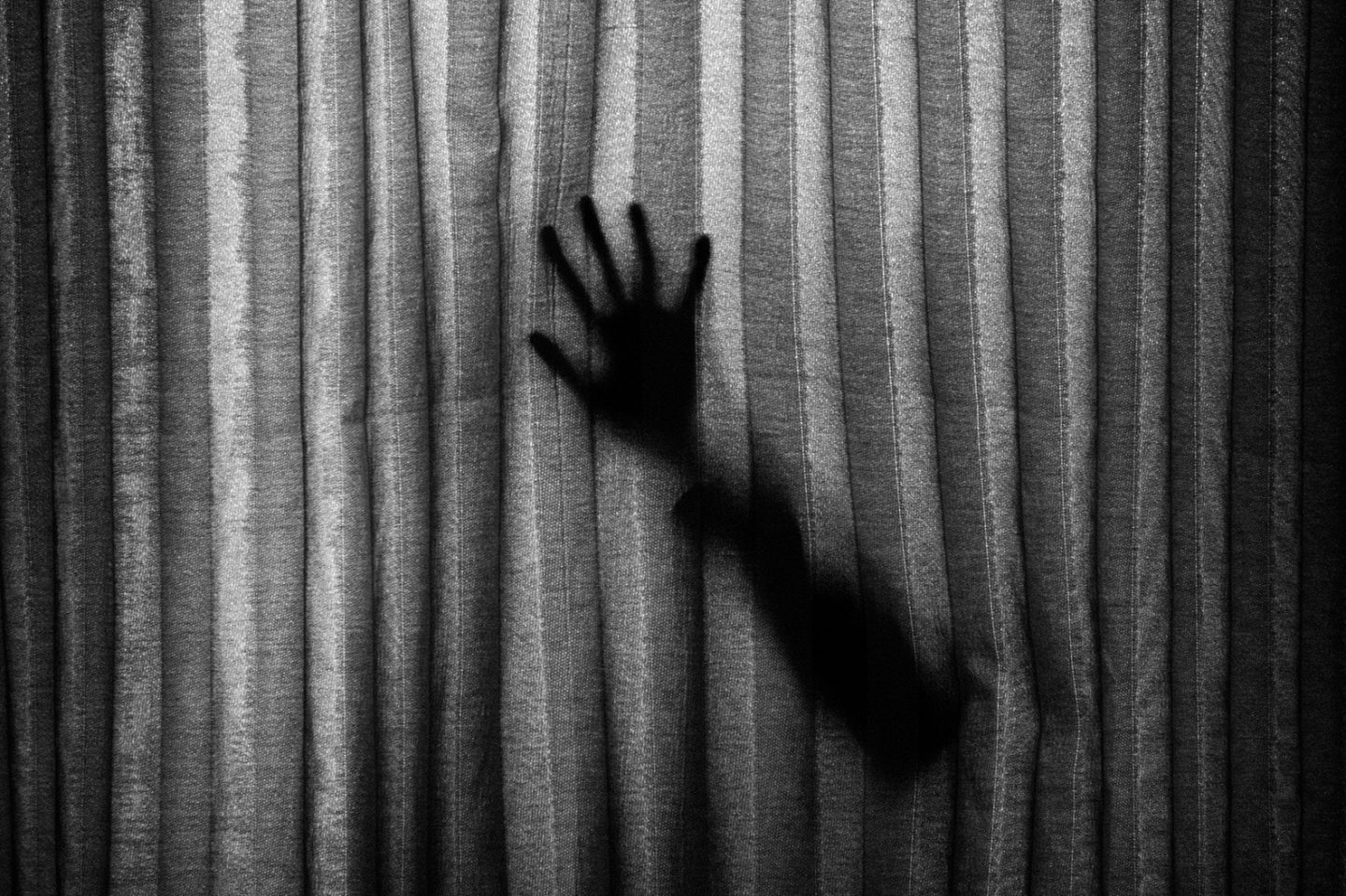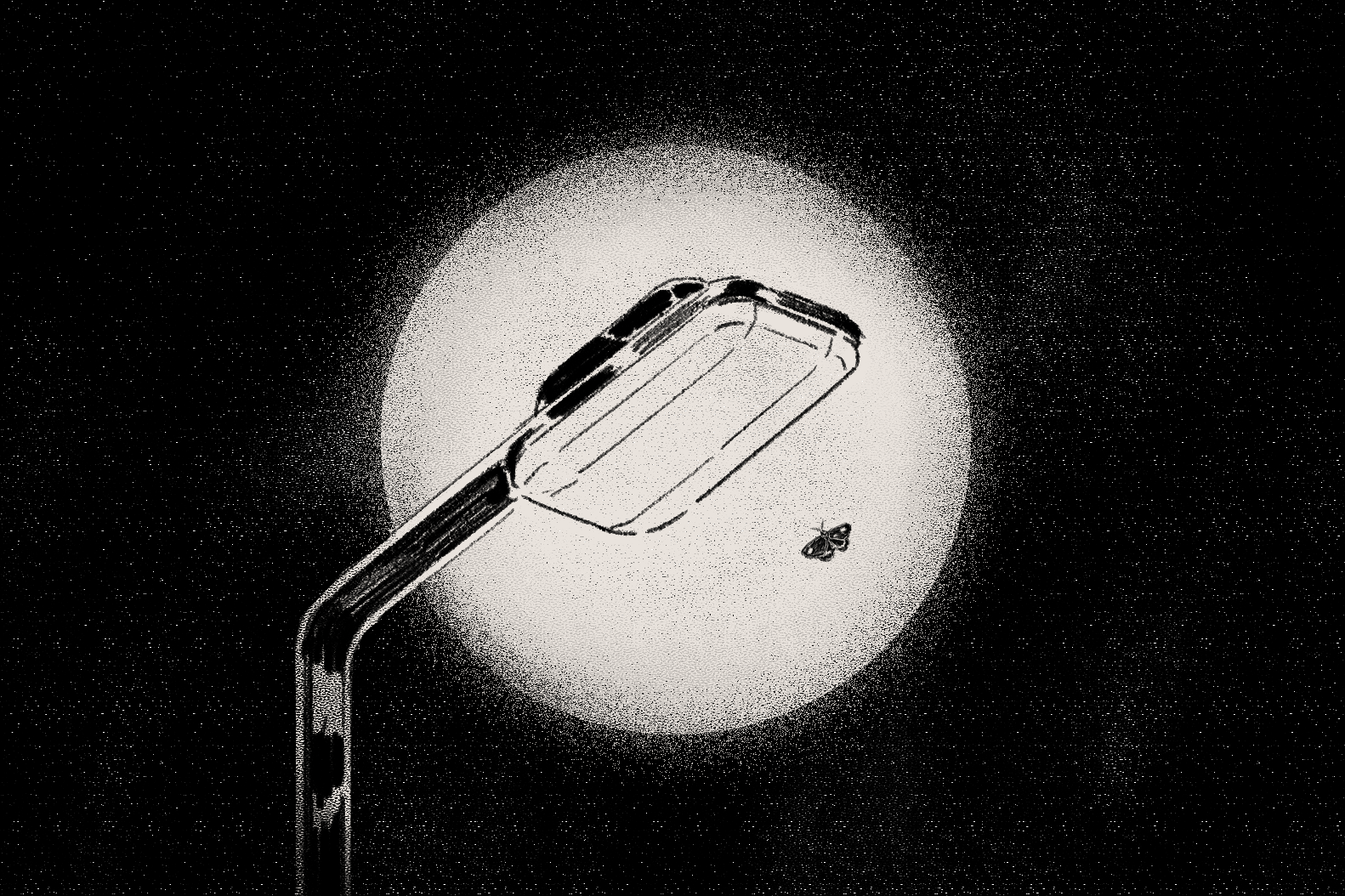Don’t be silly, only kids half your age do these things.
The old pen knife blade was cold to the touch. In my head, a fierce battle raged.
But I deserve this.
I fell into the deep, dark and insidious hole of self-injury as a young adult long past her teenage years. This time, I slipped up after more than a year without having an episode. And it hit me hard.
The day after my relapse I found myself in tears. I wasn’t sure why I was crying. I couldn’t decide which was worse: Falling back into the black hole I repeatedly warned myself to avoid, or the weight of my inadequacies that had driven me to punish myself this way.
I am not good enough. I am worthless.
This was usually the trigger. Such spirals were exhausting. I hoped my colleagues wouldn’t notice my puffy eyes at work the next day.

Self-injuring tendencies are similar to having an abusive lover. It’s being in relationship with someone who keeps hurting you over and over again, but you keep going back because it’s the only thing you know — the only thing you feel you deserve.
Just that, in this case, that abusive lover is you.
In the aftermath of my relapse everything felt familiar: The raised, red bumps that hurt when my clothes brushed against them, the stinging when water touched my skin.
I began to regret the latest episode. I knew better. Why couldn’t I stop myself? But a part of me believed this pain was further punishment for my folly.
That’s exactly what my Jesus came for: To die in my place. His wounds instead of mine.
People are quick to soothe those who self-injure with words of comfort about God’s love for them, emphasising that they are valued in God’s sight. But I don’t doubt God loves me – I’m the one who doesn’t.
Some days I just hate myself, and I hate myself for hating myself. How it is even possible for me to struggle this way? I’m supposed to be Christian.
Life hasn’t dealt me the worst hand. I enjoyed academic success in school. I was a good student and didn’t fall into bad company. I resolved not to break the hearts of those I loved; there was no way I would want to hurt them.
Then why was I hurting … me?

You see, this is a fallen world. We are constantly fighting against the strongholds set against us by the Enemy, Christians and non-Christians alike. Everything God wants for me – assurance, victory, freedom – he doesn’t want.
He wants to separate me from the love of God, such that I cannot love myself. He wants me to believe that validation lies in my strengths and achievements in life, in the words and approval of others. He wants me to believe that the tension within me when I fall short of expectations can only be released by a blade across my skin.
And that’s a lie.
Timothy Keller says in his book, Counterfeit Gods, that any source I derive confidence, security, worth, validation from other than God is an idol.
And when I fail to serve these idols well, when I make mistakes and don’t do as well as the next person – natural law demands that I be punished for this. I don’t deserve to feel confident or secure. I don’t deserve to feel worthy. My existence is not valid.
But that’s exactly what my Jesus came for: To die in my place. His wounds instead of mine. Because of His sacrifice for me on the Cross, I can be confident and secure in Him. I am worthy. I am valid.
The truth is, I will always fall short – we all have – but that’s the beauty of grace: Despite my failings, God has redeemed me by the blood of Jesus. He is my validation.

I dare not say I walk in this truth every single day. I’m still a work-in-progress and it is an ongoing struggle to overcome this sin. I am, however, doing better than before owing to measures that have helped tremendously like my spiritual community, professional therapy and antidepressants.
I wouldn’t wish what I go through on anyone else. But I believe God uses even the deepest shame for His glory. Through the years, I’ve discovered that I’m not alone in this (1 Corinthians 10:13), and I’ve developed a keen empathy for others who also have such “functional” mental health issues.
There is a special comfort in meeting someone who has lived through similar experiences. Together, we can resist the temptation to find momentary relief in self-injury. As those who have hope in Jesus Christ, we can reject the lie that we must be punished for our own perceived failings.
It is a lesson we might have to learn and relearn, but I hold the words of 2 Corinthians 12:8-9 close to my heart. I am weak, but He is strong.
And His grace is always sufficient for me.









